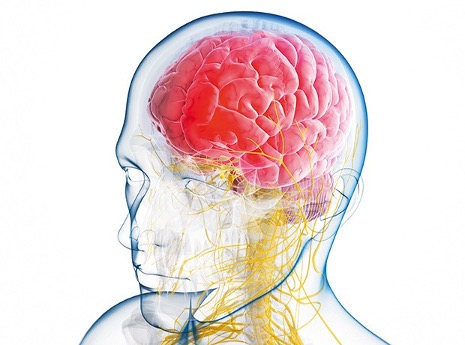Researchers develop brain-age prediction tool for diagnosis of neurological diseases
March 7, 2024
Source: drugdu
 462
462
 The non-invasive tool can also improve patient stratification and monitor disease progression
The non-invasive tool can also improve patient stratification and monitor disease progression
Researchers from King’s College London (KCL) have developed a deep learning framework for a non-invasive brain-age prediction tool for the early diagnosis of neurological diseases.
The study built and made available a set of models for clinical use after training multiple brain models from a variety of magnetic resonance image (MRI) types.
Neurological disorders, such as Alzheimer’s disease, strokes, multiple sclerosis and Parkinson’s disease, are conditions that affect the brain as well as the nerves found throughout the human body and spinal cord.
By comparing patients’ brain ages against their chronological ages, numerous neurological and psychiatric conditions can be identified, helping to predict future health outcomes for patients.
Researchers collected over 81,000 patients’ head MRI examinations from Guy’s and St Thomas’ NHS Foundation Trust and King’s College Hospital NHS Foundation Trust between 2008 and 2019.
After pre-training models, researchers found that all baseline models, which represented the five most common sequences and orientations in the study dataset, successfully predicted chronological age with high accuracy in the internal clinical testing datasets.
After further fine-tuning models to suit the specific requirements of different clinical scenarios and MRI sequences, researchers applied transfer learning using different fine-tuning training sample sizes.
The team observed substantial improvements in age estimation that were achieved using modest quantities of out-of-sample scans.
Researchers suggest that these fine-tuned brain models could be used across a broad range of neurological and psychiatric disorders, as well as in healthcare settings with MRI technologies and practice, for brain age estimation and early diagnosis.
Results also indicated that fine-tuning can be accomplished with limited datasets, which shows the potential for extending brain age estimation to several groups of patients, potentially with varying demographics and varying MRI sequences.
Dr Thomas Booth, reader in neuroimaging, school of biomedical engineering and imaging sciences, KCL, said: “By identifying older-appearing brains compared to actual chronological age, we can use a non-invasive tool for early diagnosis, patient stratification and monitoring of disease progression.”
https://pharmatimes.com/news/kcl-researchers-develop-brain-age-prediction-tool-for-early-diagnosis-of-neurological-diseases/
By editorRead more on
- Gusekirumab Injection Accepted by CDE, Multiple Pipelines Advancing Simultaneously March 4, 2026
- Yifan Pharmaceutical’s teriparatide injection has been accepted by the CDE (Center for Drug Evaluation), adding a new domestic player to the osteoporosis treatment field March 4, 2026
- //news.yaozh.com/archive/47318.html PD-1 sales surge March 4, 2026
- A major breakthrough! Roche’s oral BTK inhibitor achieves its third Phase III clinical trial victory, a game-changer in the multi-billion dollar MS (manufactured pharmaceuticals) market. March 4, 2026
- GB19 Injection Approved for Clinical Trials of Cutaneous Lupus Erythematosus March 4, 2026
your submission has already been received.
OK
Subscribe
Please enter a valid Email address!
Submit
The most relevant industry news & insight will be sent to you every two weeks.



